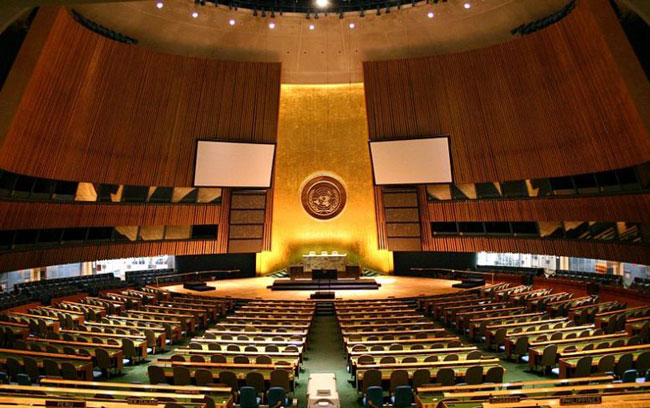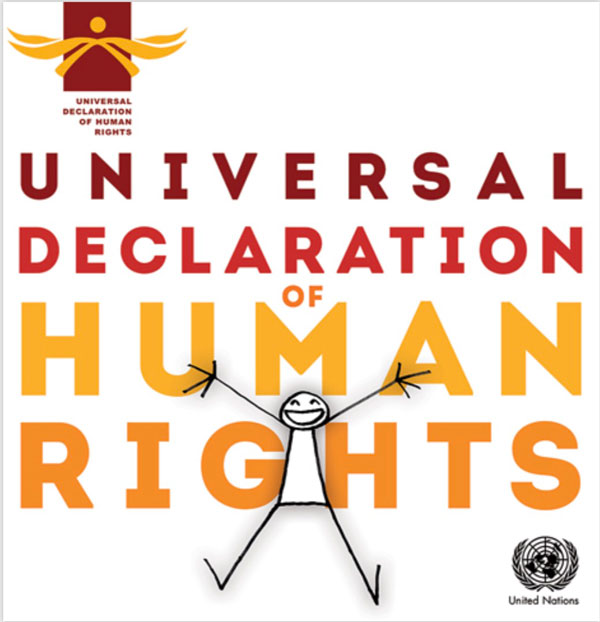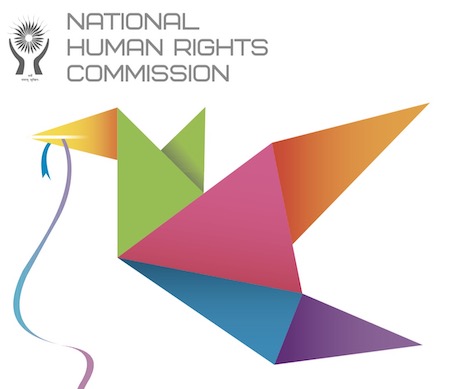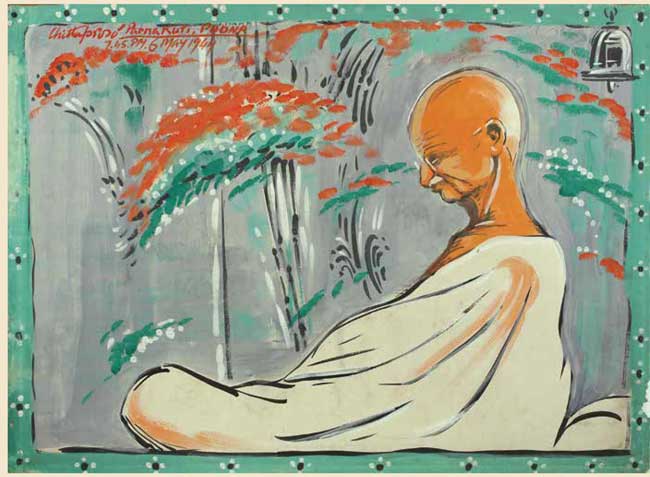
Vote on Indigenous Rights Declaration
[…] the Assembly adopted the United Nations Declaration on the Rights of Indigenous Peoples […]AJAI MALHOTRA (India) said his country had consistently favoured the promotion and protection of indigenous peoples’ rights. […]
Regarding references to the right to self-determination, it was his understanding that the right to self-determination applied only to peoples under foreign domination and that the concept did not apply to sovereign independent States or to a section of people or a nation, which was the essence of national integrity. The Declaration clarified that the right to self-determination would be exercised by indigenous peoples in terms of their right to autonomy or self-government in matters relating to their internal and local affairs, as well as means and ways for financing their autonomous functions. In addition, article 46 stated clearly that nothing in the Declaration might be interpreted as implying for any State, people, group or person any right to engage in any activity or to perform any act contrary to the Charter. It was on that basis that India had voted in favour of the adoption of the Declaration. […]
Source: UN Department of Public Information (New York, 13 September 2007)
http://www.un.org/News/Press/docs/2007/ga10612.doc.htm
Date Visited: 28 March 2011
Read more here: United Nations General Assembly: excerpts from the report on the 107th & 108th Meetings in 2007
This World Book Day, UNESCO promotes indigenous culture: Increasing awareness about indigenous tribes and languages through reading
Lisa Anthony, The Week, 23 April 2019 |For the full report, click here >>
The UNESCO has been committed to preserving the indigenous people of the world based on the Declaration of the Rights of the Indigenous People in September 2007. Undoubtedly, this initiative by the UNESCO is one of the purest and insightful ventures happening in the world right now and has become the perfect backdrop for the World Book Day this year. “Books are a form of cultural expression that lives through and as part of a chosen language. Each publication is created in a distinct language and is intended for a language-specific reading audience. A book is thus written, produced, exchanged, used and appreciated in a given linguistic and cultural setting. This year we highlight this important dimension because 2019 marks the International Year of Indigenous Languages, led by UNESCO, to reaffirm the commitment of the international community in supporting indigenous peoples to preserve their cultures, knowledge and rights,” says Audrey Azoulay, Director General of UNESCO.
It is estimated that there are around 370 million indigenous people in the world, scattered across 90 countries. Though huge, they have always symbolised the subaltern, who are always displaced from the modern society. Their inability or resistance towards mingling with the ordinary people of the world is probably even putting their longevity at stake.
In the fast-paced modern world, worrying about the indigenous groups seems an idea too distant for a layman. But that is where the role of reading comes into play. As pleasurable as it is, reading also brings along the exchange of culture, emotions, values and a lot more between the reader and the author. […]
With the current theme for the World Book Day this year, the UNESCO looks keen to improve reading skills among youngsters and incite awareness in the generation on the indigenous tribes and languages, on the verge of extinction.
Source: This World Book Day, UNESCO promotes indigenous culture, The Week
URL: https://www.theweek.in/leisure/society/2019/04/23/this-world-book-day-unesco-promotes-indigenous-culture.html
Date visited: 26 November 2019
[Bold typeface added above for emphasis]

“Many people – though not all – have been able to secure freedom from torture, unjustified imprisonment, summary execution, enforced disappearance, persecution and unjust discrimination, as well as fair access to education, economic opportunities, and adequate resources and health-care. They have obtained justice for wrongs, and national and international protection for their rights, through the strong architecture of the international human rights legal system.” – Introduction to the Universal Declaration of Human Rights, p.vi
See also: The Universal Declaration of Human Rights turns 70 | Human Rights Commission (posts) | National Human Rights Commission: www.nhrc.nic.in (Government of India) >>

Universal Declaration of Human Rights & Human Rights Day >>
The National Human Right Commission (NHRC) describes “crimes like rape, molestation, torture, fake encounter in police custody as manifestations of a systemic failure to protect human rights”;
It reports that “rights of the people were violated or negligence was shown by a public servant in the prevention of such violations”; NHRC concludes:
“Atrocities against vulnerable sections of society – women, children, disabled and the elderly – are often compounded when they belong to the Scheduled Castes and Scheduled Tribes”; and therefore demands:
India must ratify the International Convention against Torture.

Gandhian social movement | Constitution | Adverse inclusion >>
Find publications by reputed authors (add “open access” for freely downloadable content)
PDF-repository: texts quoted & further reference (Google Drive) >>